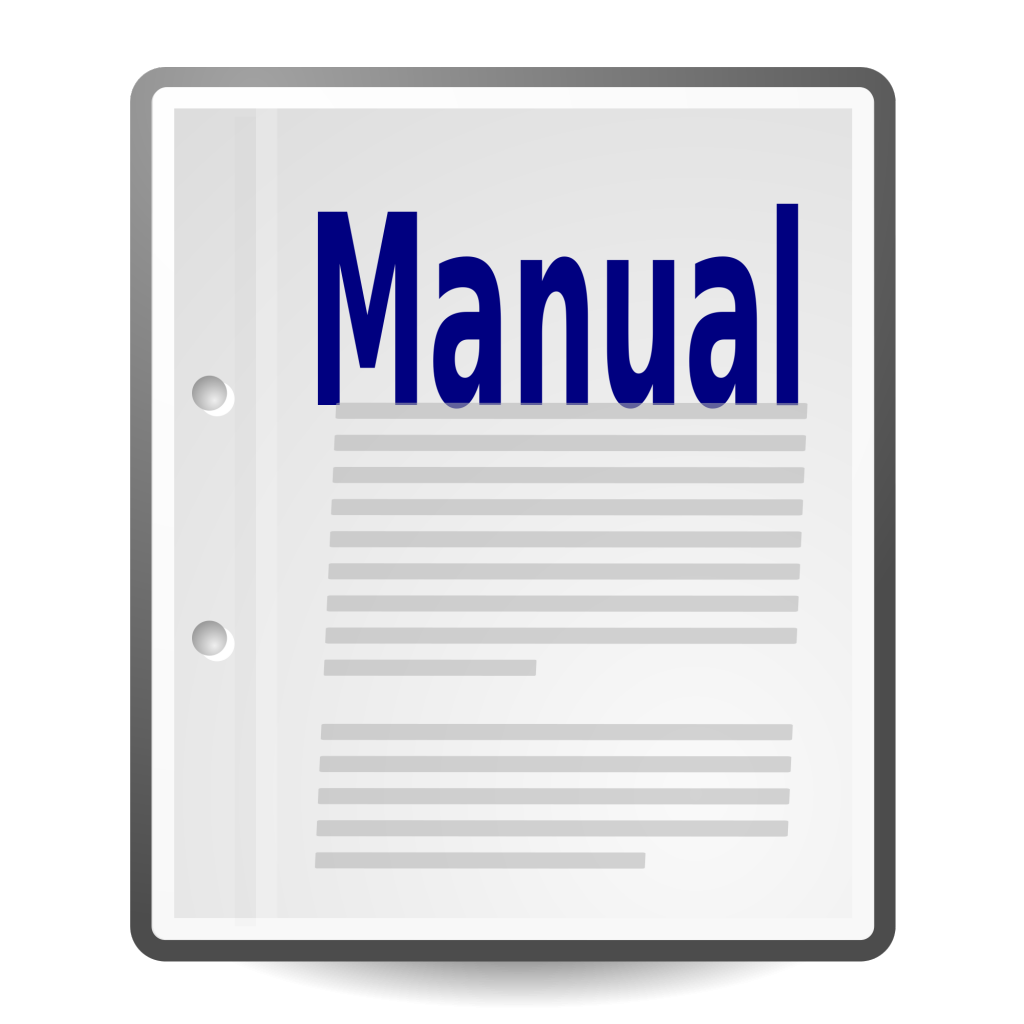
Catering equipment is a massive expense when kitting out any professional kitchen. Maintaining high levels of efficiency and extending the life expectancy of your units is critical to saving your business from unnecessary costs.
To achieve optimum results from your investments we suggest ten steps to follow for every piece of equipment.
10 Steps for Maintaining Catering Equipment
-
Look at the equipment manual

All pieces of commercial catering equipment should include a comprehensive user manual. This will stipulate the correct methods for maintaining each piece. Although you may be aware of general processes and standard generic tips for maintenance, it is vital to understand what makes each piece unique. It is these processes that will give you an insight into how to keep that particular piece in tip top condition.
-
Make use of the warranty
Commercial warranties are designed to protect the user should any problems or technical difficulties arise. They prevent any expensive repair bills within the stated term that are not down to user error. There are many levels of cover available; some issued as standard while others are purchased additionally.
The majority of manufacturer's warranties are automatically implemented (i.e. the warranty selected at time of purchase is activated on the day of delivery without any intervention from the customer), however some brands require customer input to obtain cover. Such warranties only become eligible once they have been logged with the manufacturer, so make sure you fill out and send off any relevant information.
-
Implement full training programs
Often it is misuse of catering equipment that causes break downs, either through staff cutting corners or simply not understanding correct procedures. When you hire new employees or purchase new pieces of equipment, staff should be given full and all inclusive training sessions.
Training should include all possible functions and full tutorial of control panels, as well as recommended cleaning and maintenance procedures. By performing this training you should minimise any potential misuse that may occur.
-
Demand a daily cleaning routine
All pieces of catering equipment should undergo a daily clean. Arguably the most important step of maintenance, cleaning prevents build up of grime, dirt, dust and food residue that can cause equipment to break down or become less efficient. Not only will a daily schedule extend the life span of your units but will also lead to a more hygienic area in which to prepare and serve food.
-
Periodically carry out deeper cleaning

The regularity of deeper cleaning schedules will be dependent on the type of unit and what it is used for. Some heavily used items will require weekly deep cleaning whilst less in demand equipment may only be on a monthly cycle. Although daily cleaning will reduce the build up of tough debris, oil and grease, these deeper cleaning procedures will target all tiny crevices that may be overlooked on a day-to-day basis.
-
Carry out regular inspections
Regularly inspect any parts that are susceptible to breakages or any moving elements integral to performance. Common areas to check include power connections, average wear and tear areas, leaks of any kind or seizing up of any major components.
Regularly keeping a log of the state of equipment will help you notice any changes, potentially saving money if you diagnose a problem before it becomes a major issue. Failure to pick up on minor issues could mean extra pressure is placed on other mechanical components leading to potential total breakdown and costly repairs.
-
Replace worn out or broken parts immediately
Failure to replace broken parts immediately could potentially result in total breakdown of equipment. It is easier and much cheaper to fix one small, simple problem rather than a whole host of complex problems. If the issue arises from genuine failure of the equipment and not due to misuse or neglect then your warranty should cover either part or all of the cost.
-
Beware of DIY fixes
Repairs can be costly, and therefore it may be tempting to try and fix the problem yourself. This decision can lead to a bigger outlay in the long run and can compromise not only the function of the piece of equipment but also the safety of the unit. Carrying out DIY fixes will also void any warranty that you have on the equipment.
-
Understand any chemicals that you are using

You may use chemicals to clean the equipment, alternatively the unit may require chemicals to function to its full ability. Understanding the properties of the chemicals you are using is essential for the safety of the user and equipment. All instructions should be read before use and should only be used for the specified purposes.
Chemicals should never be substituted for similar alternatives. Similarly, you must never mix substances when not specifically instructed to do so. Certain chemicals will react with each other when combined and may cause harmful results to both the user and the equipment.
-
Follow specific guidelines for stainless steel
The majority of catering equipment will be manufactured from stainless steel. Knowing how to correctly care for and clean this material will guarantee that your equipment lasts for the expected life span. Although this material is durable it is not a miracle metal and can still tarnish, corrode and rust in a similar manner to other metals. To avoid unwanted results, be sure to only clean stainless steel with soft cloths and sponges with warm water and mild detergent solution.
When wiping stainless steel surfaces you must always wipe in the direction of the grain to avoid scratches and blemishes. Any acidic ingredients that are spilt should be wiped up immediately to prevent acidity damaging the protective surface layer.
Fingerprints are also something to watch out for. Each print will contain natural oil that will linger on the surface while the print is there. Using a little vinegar on a soft cloth will effectively remove any unwanted marks.
Maintaining expensive kitchen equipment should be of paramount importance to any catering or hospitality business. By implementing simple maintenance practises and having regular services carried out by a professional on all equipment, you can ensure that you receive the best efficiency possible, premium value for money and the optimum life expectancy of each piece.
